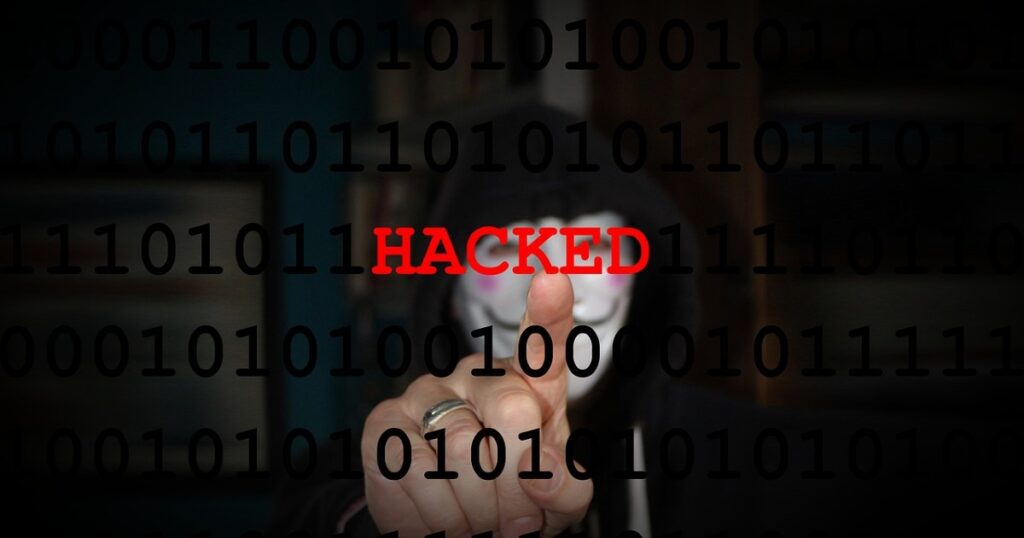Surprisingly new data from the FBI found that 49% of people’s email passwords are leaked to the dark web, leaving Americans vulnerable to online scams.
That number rose from $517 million in 2021, and in 2024 millions had personal data including Social Security numbers, leaked during an attack on public national data.
Online research service Social Catfish says these economic losses can be mitigated by taking five simple steps to protect online data.
Post your baby’s name and birthday on social media at your own risk. Please note that we share personal details on social media. If the scammer can see a photo showing a baby named Taylor in 2022, they can guess a password similar to “Taylor2022#”.
Use a strong and unique password: Do not reuse your passwords across multiple accounts. Use complex, long passwords that include combinations of letters, numbers and special characters. Consider using a password manager to safely track your passwords.
Do not click on random links: Do not click suspicious links or open unsolicited emails. If a phishing link is clicked, the malware can enter your computer and steal your personal information.
Enable 2-Factor Authentication (2FA): Adds an additional layer of security by enabling 2FA on all accounts that provide it. This will require a second form of verification to access your account, even if your password is compromised.
Monitor your online presence regularly: Check your social media and online accounts frequently for suspicious activities. Use tools such as Privacy Lock to scan both the public and dark web of personal data that may be public.

